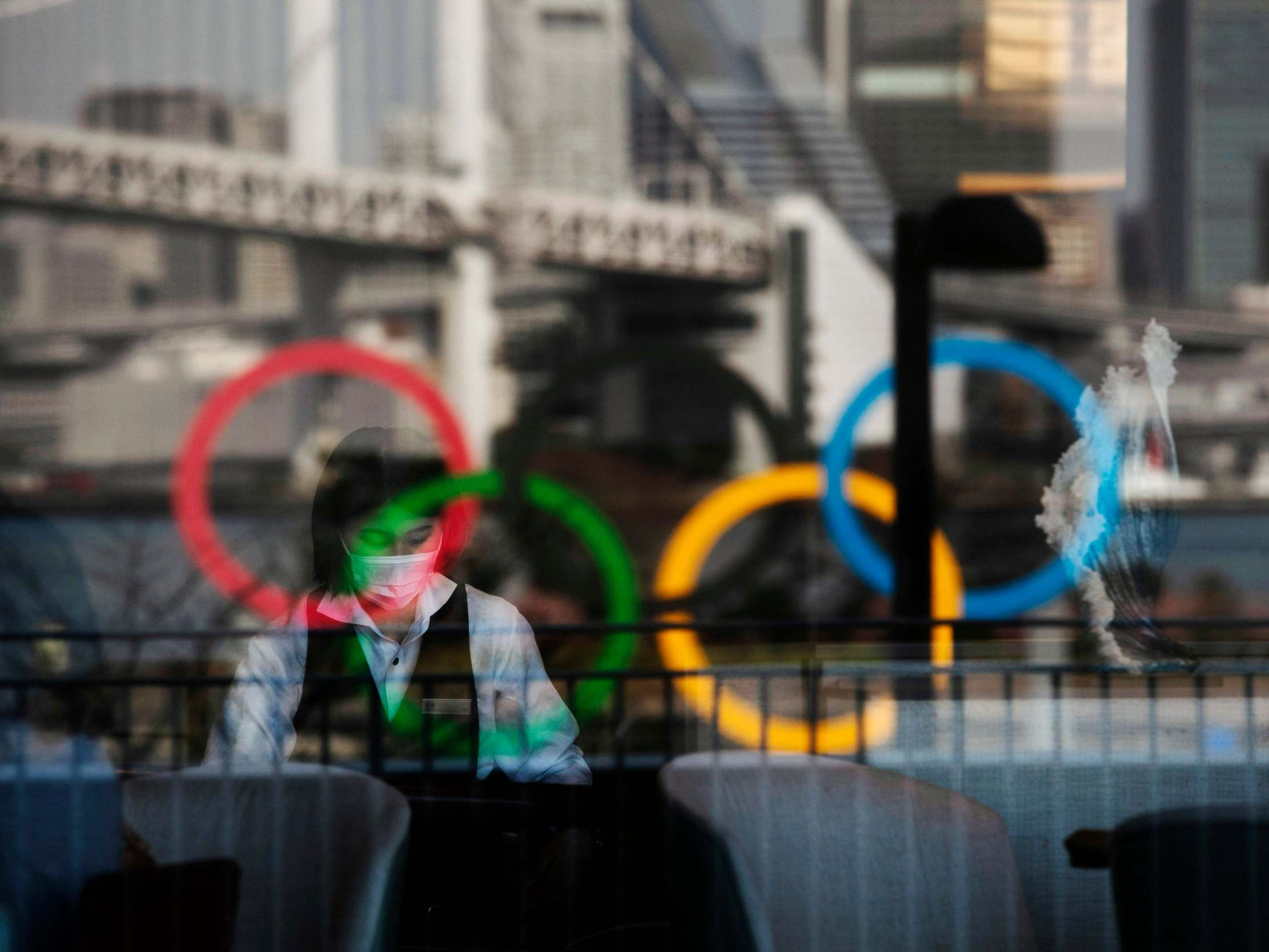What next for sport and coronavirus?
The virus continues to spread and, as Jack de Menezes writes, the Olympic Games and Euro 2020 are just two of the many sporting events under threat


The outbreak of coronavirus is already playing havoc with the sporting calendar as countries worldwide look to put in place provisions to prevent the spread of the viral infection, which has already killed more than 3,000 people from in excess of 86,000 positive cases.
Football, motorsports, rugby union and Olympic-qualifying events have already been heavily impacted, with authorities attempting to reduce the scale of the virus spreading by calling off large-attendance events.
Unfortunately that means that sport is directly in the firing line of coronavirus, with thousands regularly attending Premier League fixtures, Six Nations encounters and the start of the Formula One season at this time of year. But if the damage seems bad now, much worse could be to follow.
Of course, sport pales in comparison to the worth of human life, and with more expected to suffer from the effects of the epidemic, decisions to cancel or postpone events will continue to be justified so long as coronavirus continues to pose a substantial risk. After being first located in the Chinese region of Wuhan at the turn of the year, the outbreak has decimated the region before spreading to nearby neighbours South Korea and Japan, before being detected across Asia, Europe and the Middle East and now far beyond.
The Chinese Grand Prix was an unsurprising early faller, with Formula One taking the early decision to cancel the fourth round of the 2020 season that was due to take place in mid-April. This followed Formula E’s move to abandon their plan for a race in Sanya, while MotoGP has also been forced into calling off the season-opening Qatar Grand Prix and ensuing Thailand Grand Prix due to travel restrictions and government protocol respectively.
At a similar time to F1’s big decision, the World Indoor Athletics Championships – which were due to take place this month in Nanjing, China – were called off, with the Hong Kong Marathon following suit. Both badminton and triathlon authorities have been forced into cancelling events that contribute towards qualification for Tokyo 2020, while Japan itself has also cancelled test events aimed at trialling provisions for the Games later in the year.
Football has found itself impacted too, not least in Italy where Serie A games are being cancelled or played behind closed doors on a weekly basis. Four league games fell by the wayside following the outbreak in northern Italy, with six more postponed last weekend, while Inter Milan’s Europa League clash with Ludogorets last week was closed off to the public. In Asia, the Chinese Super League remains indefinitely postponed, while matches have been called off in both Japan and South Korea as well as Switzerland.
Golf, cycling, tennis, ice skating and skiing have also been affected, but the worst – as with coronavirus itself it seems – may be yet to come.
Two major global events are on the horizon that could pose the largest contributor to spreading the virus of any kind. In June, the largest-staged Uefa European Championship in history begins across 12 cities in 12 different countries. Should the epidemic prove as serious then as it is now, the transportation of hundreds of thousands across multiple borders will merely prove a catalyst in passing on the infection, not to mention the ease with which contagious individuals will be able to contaminate others when herded into stadiums across the continent.
Just two minutes of consideration was given to discussing the outbreak when Uefa’s executive committee met on Monday, with the official verdict one of “hope” that the tournament will go ahead as planned. It did not instil a great deal of confidence.
Neither did the announcement from the Japanese government on Tuesday that they do have the provision to move the Olympic Games if required. After China and South Korea, Japan has been one of the hardest hit by the virus, with close to 1,000 confirmed cases, and with the Olympics set to bring around 11,000 athletes from more than 200 countries to the Land of the Rising Sun, the potential for further contamination will be grave.
The concern hit home when Japan’s Olympic minister Seiko Hashimoto confirmed that the contractual obligations with the International Olympic Committee to stage the Games allowed them to be postponed until later in the year, which would not normally mean so much if it didn’t come from the nation most renowned for delivering its promises on time.
The two events could prove catastrophic if coronavirus has not been contained by the time the summer comes about, and should the threat still be in place in four months’ time, the sporting calendar will be facing disruption on a scale not seen since the Second World War.
Join our commenting forum
Join thought-provoking conversations, follow other Independent readers and see their replies
Comments